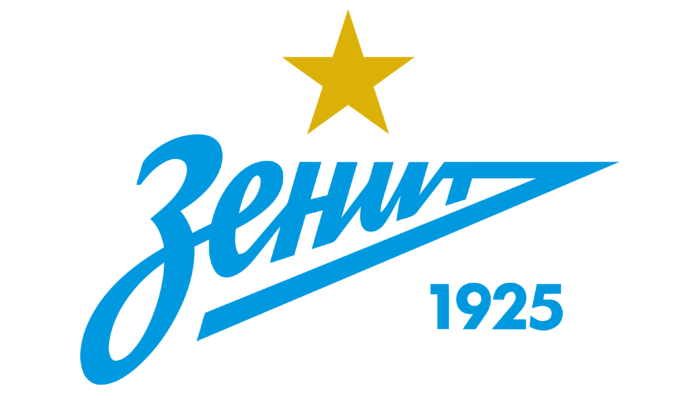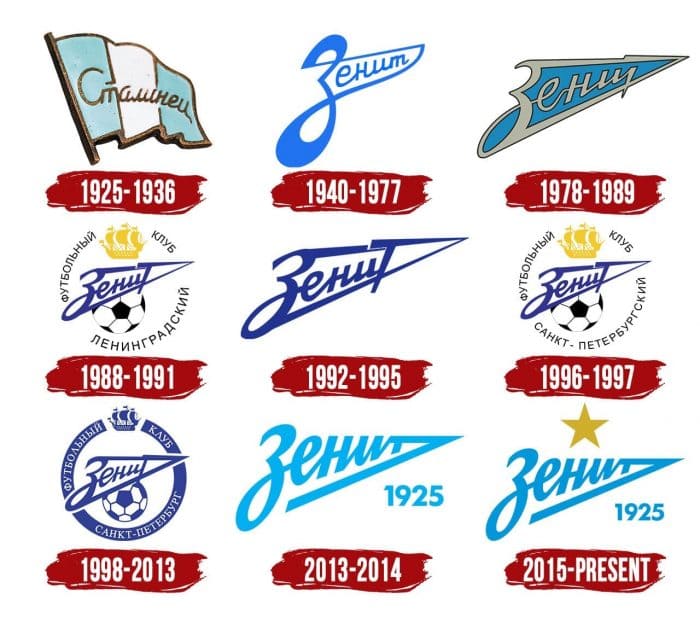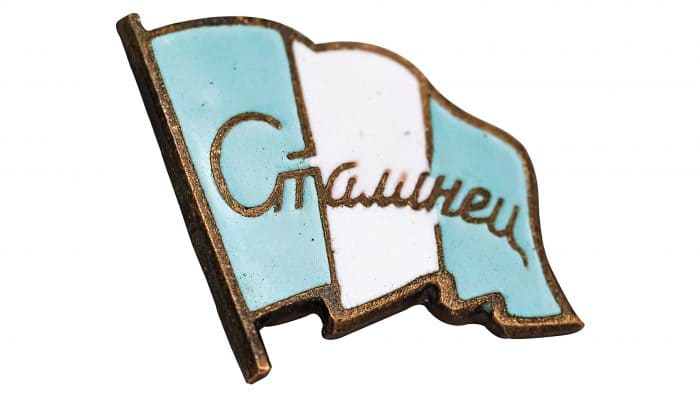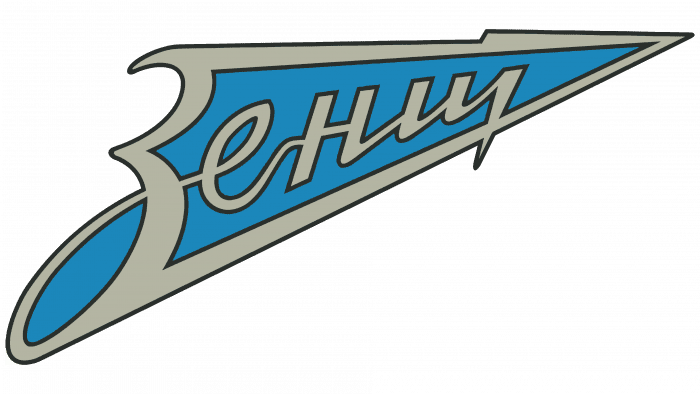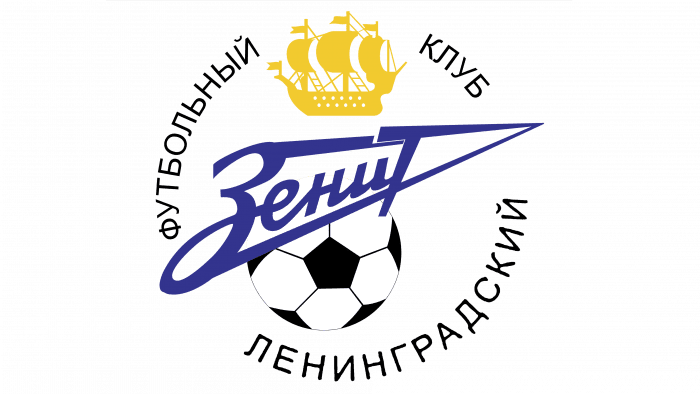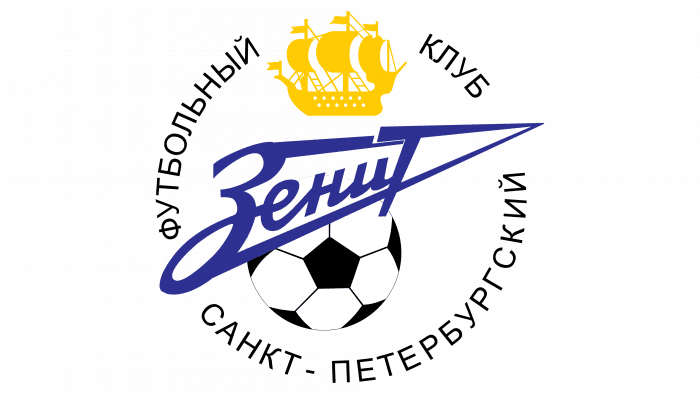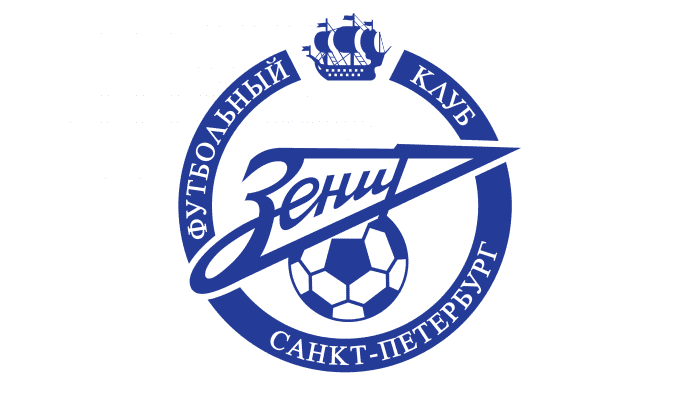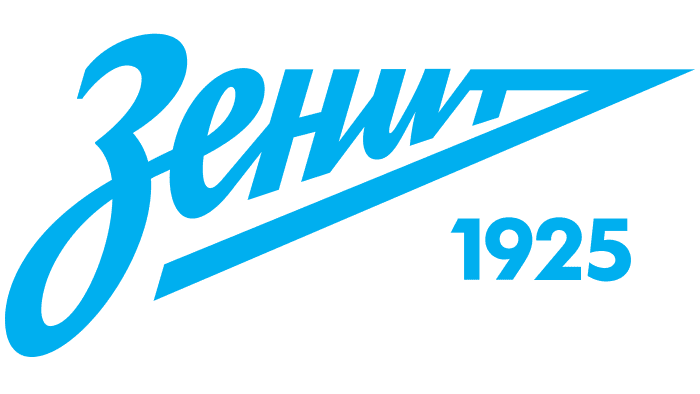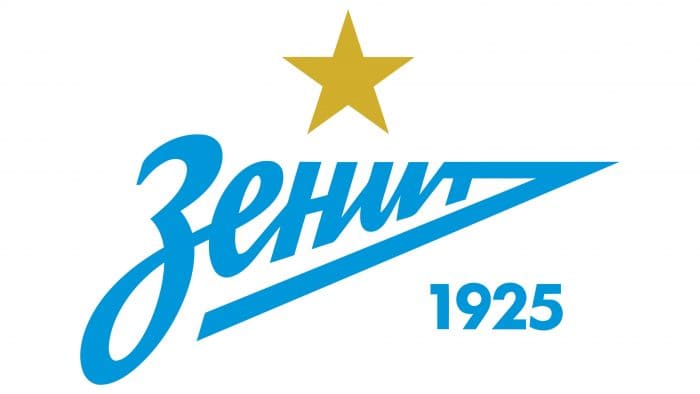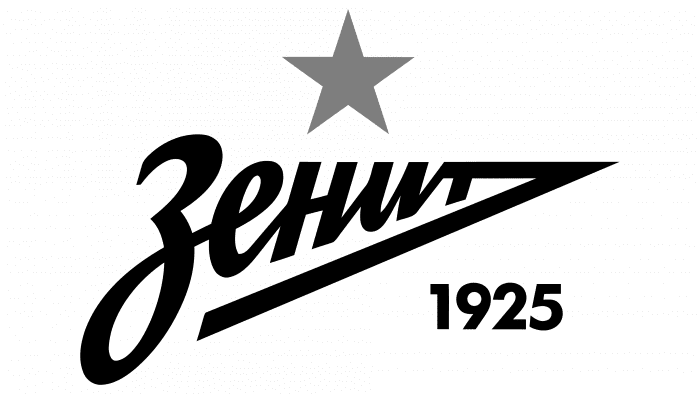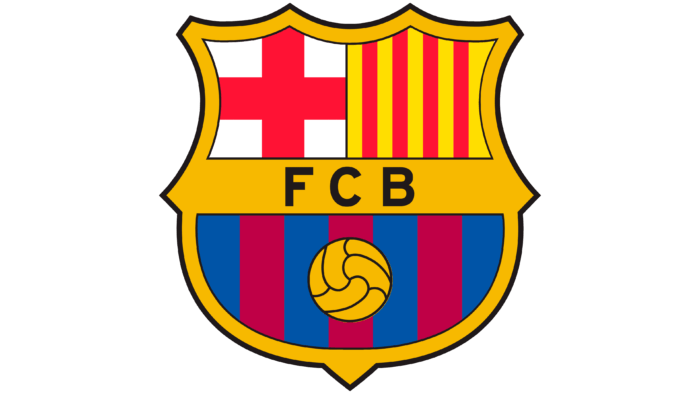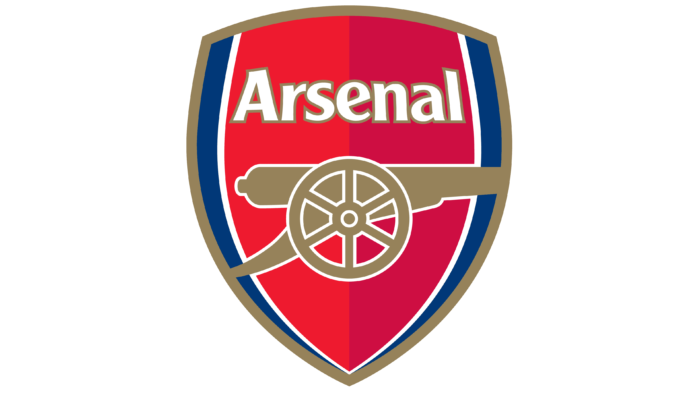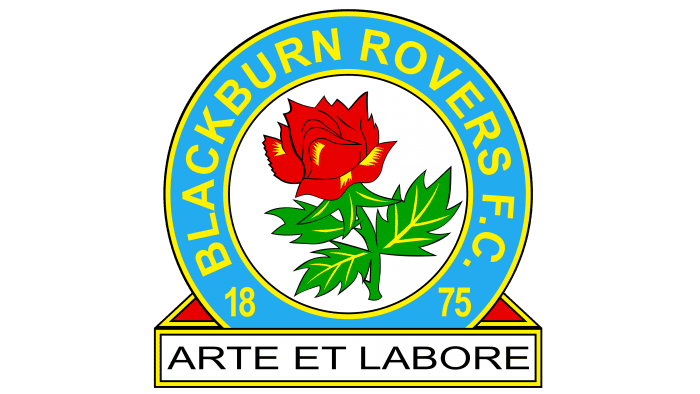“Club members are masters of the ball,” says the Zenit logo. The opponent can only watch how the team leads the game and makes passes, moving towards the goal. Passes of the players are accurate, and goals in the opponents’ goal are inevitable.
Zenit: Brand overview
| Founded: | 25 May 1925 |
| Founder: | Gazprom |
| Headquarters: | Saint Petersburg, Russia |
| Website: | fc-zenit.ru |
There are two versions of the origin of the Zenit club. Some are sure that it originated based on a team that once belonged to the machine-building enterprise LMZ. Others are inclined to believe that Zenit is the successor to the Bolshevik Factory team. In the end, the commission decided to consider the date of its foundation on May 25, 1925, when football competitions began to be held in the LMZ sports club.
Zenit’s successes during the Soviet Union era were not overly impressive. After the collapse of the USSR, things have improved thanks to funding from Gazprom slightly.
Meaning and History
All the logos of the club, except for the first one, bear its modern name. It sits inside a makeshift triangle popularly known as the Zenit Arrow. In 2015, the “arrow” got into a small scandal: the Daily Mail newspaper included it in the top 10 most ugly football emblems. Zenit did not stand in debt and said that the Daily Mail has the ugliest logo of any newspaper.
What is Zenit?
Zenit is a soccer club from Russia, founded in 1925 or as claimed by Russian sources – in 1914. It holds a leading position in its country and is part of the Premier League. In 2022, it was expelled from FIFA and UEFA and had its membership in the European Clubs Association suspended.
1925 – 1936
The first logo features a banner with the Russian-language inscription “Stalinets” – a reference to the club’s steelmaking past. Even though the flag is folded in two places, the letters do not get lost in the folds. Because of this, it seems that the word is written on a perfectly flat canvas.
The banner is divided into three parts, which are painted in two colors: white (in the center) and blue (at the edges). As you know from archival materials, blue shades on the Zenit symbols could be absolutely any: sky blue was often used as an electrician.
1940 – 1977
During the Second World War, the famous Zenit Arrow appeared. This happened after the voluntary sports society Stalinets officially changed its name to Zenit. The text sign of that period looks unusual: two long lines go from the first letter to the right, connected at the end of the word. All other letters are inside the resulting non-standard quadrangle. The logo’s main color is blue, but two more versions were used on the T-shirts: red and white.
1978 – 1989
In 1978, the club redesigned the Zenit arrow by changing the font and arranging the long lines. Now the first letter also fits into an impromptu triangle, and the last one merges with the edge because its upper horizontal stroke coincides with the end of the upper strip. The second and third letters are connected according to the canons of calligraphy, although the inscription as a whole can hardly be called calligraphic.
1988 – 1991
As changes began to take shape in the Soviet Union, the club adopted a new logo with a yellow ship and a black and white soccer ball. The three-masted ship was taken from the building of the St. Petersburg Admiralty.
The Zenit Arrow remained in the center, but the font changed slightly. The top line breaks before the last letter and then starts over. Around the emblem on an invisible ring is written the sports organization’s status (football club) and the city for which it stands (Leningrad).
1992 – 1995
In 1992, all elements disappeared from the logo, except for the famous “arrow.”
1996 – 1997
In 1996, when the club secured promotion to the major league, the ball and ship emblem returned. But it does not mention Leningrad, but Saint Petersburg, because the city had already been renamed by that time.
1998 – 2013
At the end of the 20th century, the designers made the graphic sign dark blue, made the boat smaller, and placed a long inscription in a broken ring, divided into three fragments.
2013 – 2014
On July 11, 2013, a presentation of the new Zenit logo took place in one of the LMZ workshops. Specialists from London-based branding agency Wolff Olins worked on the design together with Russian typography expert Ilya Ruderman. They created their version of the “arrow”: in it, the top line goes straight out of the last letter and then goes down, forming an acute angle. To the club’s right, the name is written the number “1925” – the official year of Zenit foundation.
2015 – today
On May 17, 2015, a version of the logo with a gold five-pointed star appeared. The team received this distinction for five won national championships.
Zenit: Interesting Facts
Zenit Saint Petersburg is a famous football club from Russia. They’ve been good in Russia and European games.
- Starting Out: Zenit began in 1925. Before that, small football groups in Saint Petersburg eventually formed Zenit. The club changed its name and management a few times.
- Home Field: Zenit’s games are played at the Gazprom Arena in Saint Petersburg. It’s a big, modern stadium that can hold more than 68,000 people. It was even used for the World Cup in 2018.
- Winning in Russia: Zenit has won many Russian Premier League titles. They’re good and have many fans in Russia and other places.
- Big Wins in Europe: In 2008, Zenit beat Rangers to win the UEFA Cup. That same year, they beat Manchester United to win the UEFA Super Cup. These are big deals in European football.
- Famous Players: Zenit has had some famous players, such as Hulk, Axel Witsel, Artem Dzyuba, Andrey Arshavin, and Aleksandr Kerzhakov.
- Support from Gazprom: Since Gazprom started supporting Zenit, the club has had more money for players, improved its stadium, and helped young players improve.
- Training Young Players: Zenit works hard to teach young players how to be great at football. They have one of the best training setups in Russia.
- Big Rivalries: Zenit has big games against Spartak Moscow and CSKA Moscow. These matches are exciting, and fans look forward to seeing them yearly.
Zenit is known for being a strong team in Russia and Europe, having a big stadium, and working on being good now and in the future.
Font and Colors
A series of updates to the logo did not affect the fact that the so-called “Zenit arrow” remains the centerpiece. It does have an arrowhead shape, although its design has changed a lot lately. If earlier the word was between two lines that began with the first letter and connected at a common point, there is only one strip: it goes from the last letter and sharply bends down.
Font designer Ilya Ruderman left the club’s name in handwritten because this is its main distinguishing feature. The main shade in the palette is FC Zenit blue (# 26acf5). It is used for the inscription and is complemented by two more colors: white (for the background) and gold (for the star).
Zenit color codes
| Rich Electric Blue | Hex color: | #0097db |
|---|---|---|
| RGB: | 0 151 219 | |
| CMYK: | 100 31 0 14 | |
| Pantone: | PMS Process Blue C |
| Metallic Gold | Hex color: | #cfaf2b |
|---|---|---|
| RGB: | 207 175 43 | |
| CMYK: | 0 15 79 19 | |
| Pantone: | PMS 7752 C |
| Black | Hex color: | #000000 |
|---|---|---|
| RGB: | 0 0 0 | |
| CMYK: | 0 0 0 100 | |
| Pantone: | PMS Process Black C |
